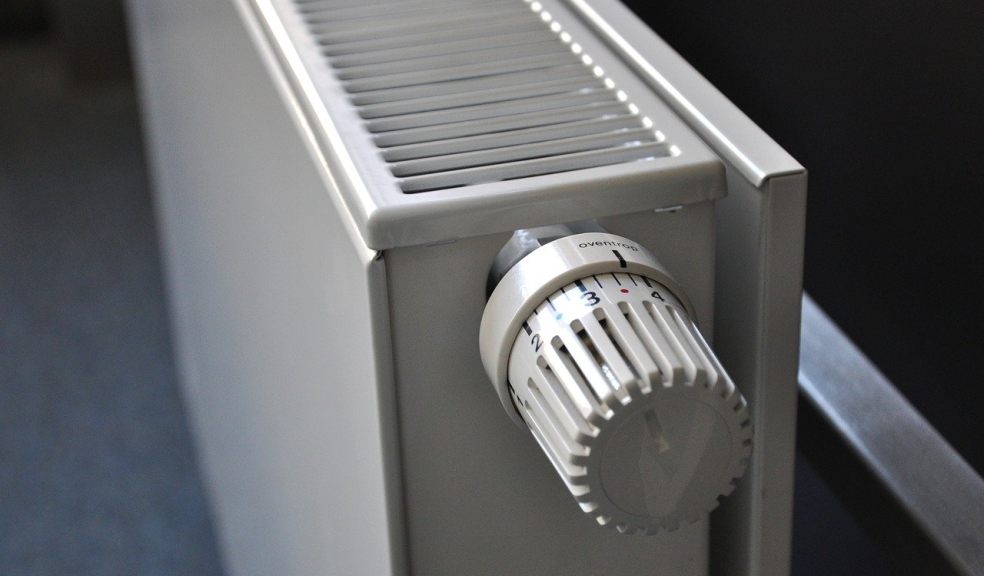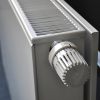
Is your heating system efficient?
The heating of air and water in the average UK home during winter months takes up almost 29 % of the overall utility cost. Irrespective of the type, make, model and price of the heating system, the maintenance and servicing of the system do not differ. Basically, what really matters is the periodicity and regularity of servicing and care of the system, which will ultimately define the overall efficiency. It is a known fact that if proper insulation, sealant, thermostat control and gap closures are affected, the savings could rise to about 30 % on an average level. In addition, there will be a substantial reduction in greenhouse gasses emissions and an increase in the system's energy efficiency.
How Do Energy Levels Matter In Efficiency?
Looking at the basics of heating system efficiency, it can be observed that if the rated levels of energy consumption are met, the system is operating at normal levels. If the rated levels are exceeded, it means that the system is underperforming and bleeding costs. A reduction and saving in the rated energy consumption levels clearly indicate that the system is performing at optimum efficiency levels. In such situations, there is a relatively high possibility of a substantial cost saving. A yardstick for the performance of a heating and ventilation system is the annual fuel utilization efficiency rating. This rating tells the user how much energy is getting converted into usable heat and how much is getting wasted.
When you have to decide which system is the best for your application, it helps to look for related information and data about the annual fuel utilization efficiency. Again, identifying such a piece of equipment is just one line item in the selection checklist. This has to be coupled with multiple factors like the fuel source at the installation location, space available and usage pattern. So, depending on whether the fuel source is electricity or solar power or natural gas, the configuration of the equipment could likely be different. We know that gas is more efficient than electricity, but the location of a gas-friendly environment is one aspect to be seen.
Why Are Combi Boilers Energy-Efficient?
It is seen across domains that combi boilers for heating air and water have been very commonly used. This is because these systems are very user friendly and highly efficient in energy consumption. Another piece of equipment that is highly efficient in a heating system is the heat pump. This is the most energy-efficient system.
The heat pump simply circulates air inside and outside the home or office. There are different types of heat pumps. The air source type of heat pump uses specific environment-friendly refrigerants to cool the air for circulation when the system is set to cool the air. The same system pulls the outside air to heat it when the system is set to heating mode. However, these types of heat pumps are not suitable for colder regions. The best solution for all heating applications in colder areas is boiler systems. These systems heat the water in the cylinder and use the heated water to heat the air in your home while providing hot water to the taps and showers in your bathrooms and kitchen. These coupled with radiators distribute heat all around the house.
Homeowners have become extremely energy conscious in recent times, and that is why the demand for higher energy-efficient systems has grown multifold. There are several types of central heating systems available in the market today.
To ensure that your existing system is functioning efficiently, you need to check the following:
- Sealing of Gaps and Leaks: It is advisable to quickly locate the gaps, crevices, cracks or openings which could become potential leak points in the home. Even the pipes and radiator trunks should be checked for any possible leakage points. These leaks can cause the heating system to force itself to work in overload mode and cause stress.
- Proper control system: It is advisable to install programmable thermostats for set-point control and management of the overall design. Smart thermostats can help control the operation of the heating system. This will make the system energy efficient.
- Ducting and Channels: Leaks in the ductwork can most certainly affect the overall performance of the heating system. It is crucial to ensure no damage to the ductwork and that all the components are tightly air sealed. It also helps if the ducts are insulated and protected from external ambient temperatures since the material of the duct can also cause a differential in the temperature of the heated air passing through it.



















